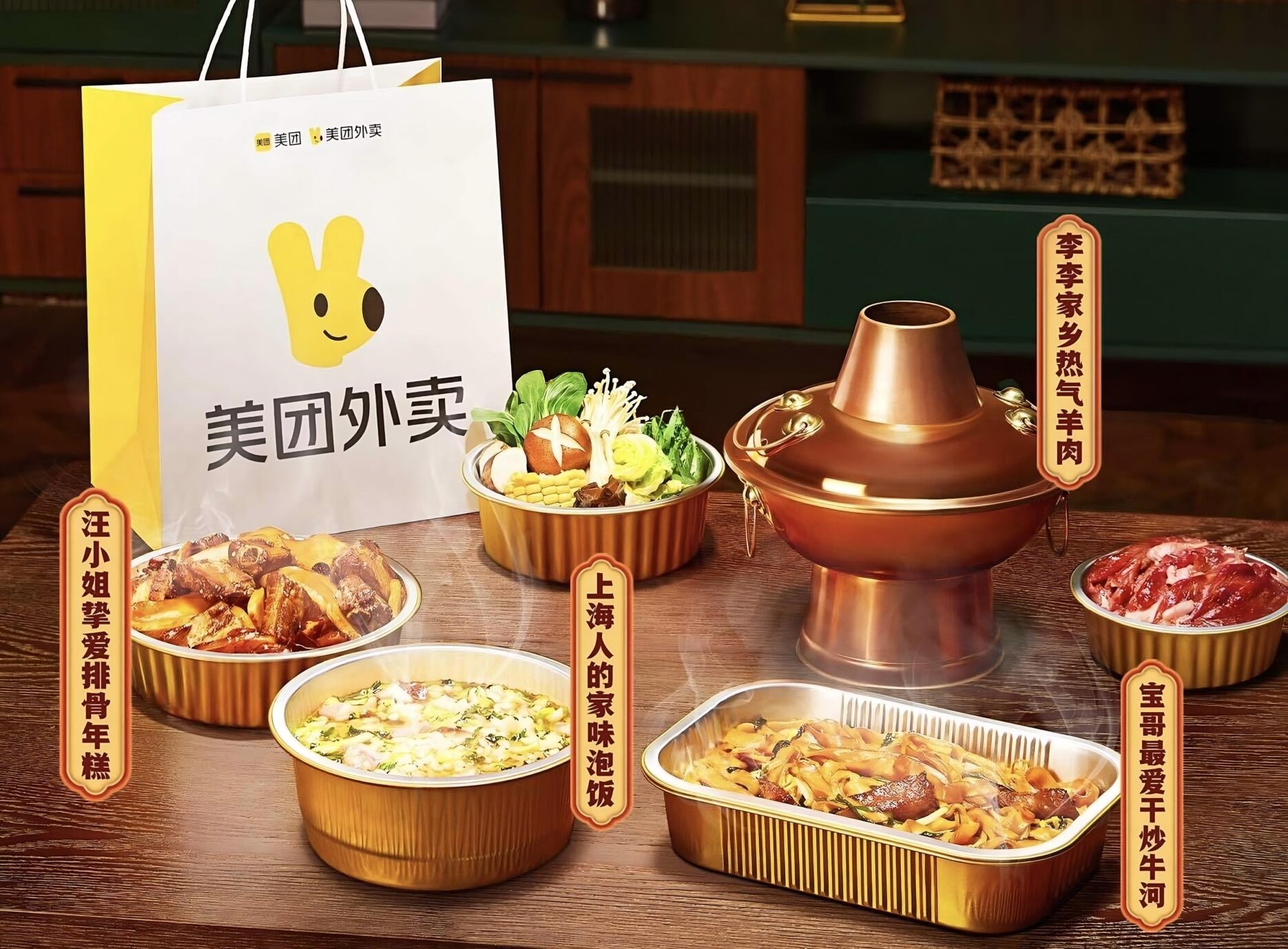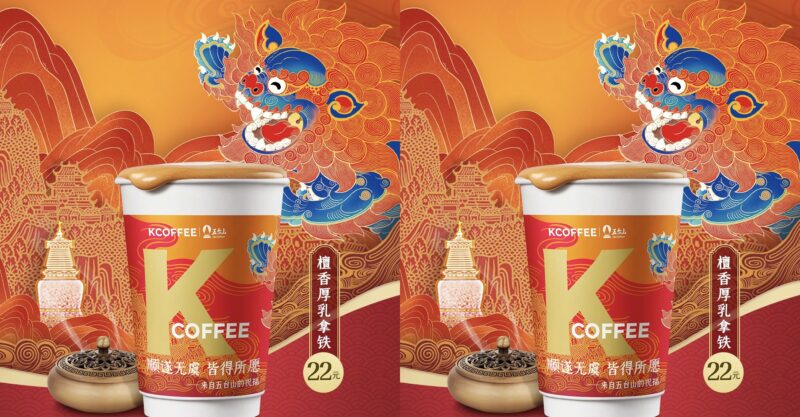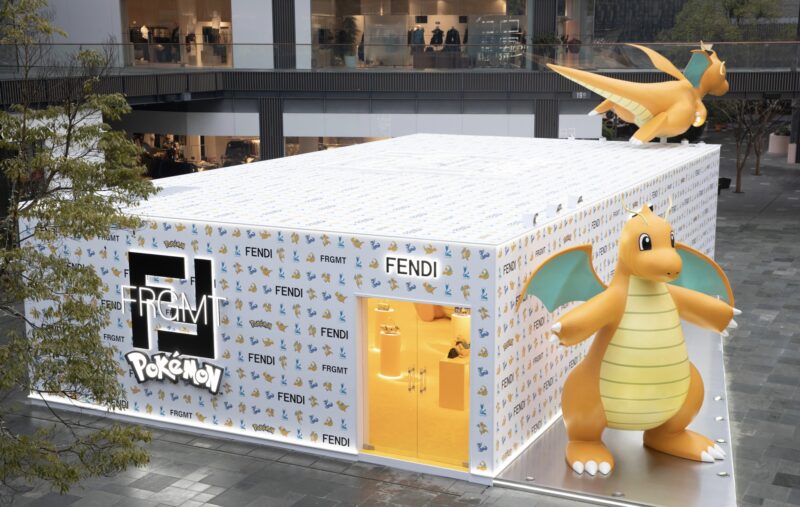On 9 January, Shanghai-born Hong Kong film auteur Wong Kar-wai’s TV debut Blossoms Shanghai aired its finale. Having taken viewers by storm, the series not only brought the culture of Shanghai and the Shanghainese language to a broader audience but also the food and lifestyle. Set in the 1990s, the series portrays a world of business intrigue during the economic reform period.
The main characters’ preferred dishes like A Bao’s favourite beef ho fun and Shanghai-style paofan have been gaining much attention online. However, Miss Wang’s business meal staple rib rice cake has become a huge hit among restaurants and takeaways. On China’s Twitter equivalent Weibo, the topic “searches of rib rice cake increase 200%” shot to number 1 on the Hot Search list with 210 million views, while another topic updating the number to 700% also garnered 9.97 million views. Many from surrounding provinces had driven all the way to the city for an authentic bite.
The historical sites featured in the show have understandably become “check-in points” for tourists and locals alike. Private tours and city walk routes focused on the sites are popping up as well. Among them, the Fairmont Peace Hotel on The Bund in Shanghai has become the most coveted. Not only because of the 16,888 RMB (2,374.92 USD) per night suite that the characters stayed in which became fully booked overnight but also for its co-branded Blossoms Shanghai dinner and afternoon tea. A dinner for two with various dishes from the show will set you back 1,720 RMB (241.88 USD). For a comparatively moderate 698 RMB (98.16 USD), you can enjoy a Blossoms Shanghai-inspired afternoon tea.
Without a physical presence, the takeaway platform Meituan has partnered with the TV series to introduce dishes featured in the show to users in the Shanghai region. The topic “Go to Meituan and taste Blossom Shanghai delicacies” (#上美团外卖品繁花美食#) gained 24.28 million views on Weibo.
It would appear that in the age of rational consumption, value creation has become the key to stimulating spending. Emotional values created by the nostalgic and hyperlocalised TV series has undeniably moved consumers. However, as some restaurants become disappointments for the visitors attracted by the show, how to retain the “incidental” popularity still depends on the products and services provided.









